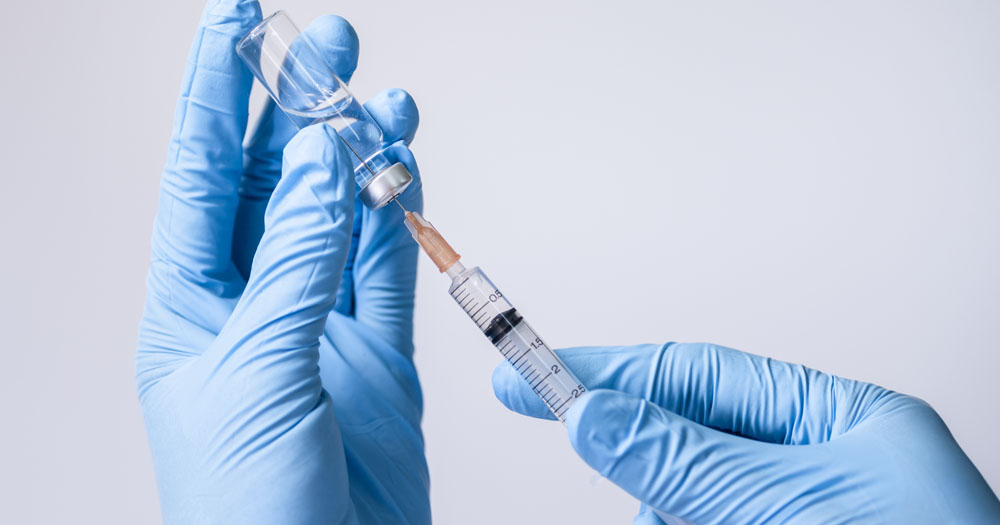The fight against HIV has taken a heavy blow after Johnson & Johnson announced that its most recent vaccine trial has failed.
Last Wednesday, January 18, Janssen Pharmaceuticals, a subsidiary of Johnson & Johnson, announced that following an independent review it had been determined that among study participants, the Mosaico vaccine “was not effective in preventing HIV infection compared to [the] placebo”.
The report also highlighted that whilst the trial had been unsuccessful, there had been no safety issues with the vaccine.
Having commenced trials in 2019, Mosaico was the only HIV vaccine to have successfully passed two previous review phases. Tests were conducted at over 50 different sites, in nine separate countries across the Americas and Europe.
Approximately 3,900 participants had taken part in the trial, with research focusing on “cisgender men and transgender people who have sex with cisgender men and/or transgender people, who represent groups and populations vulnerable to HIV”.
The end of the Mosaico vaccine trial must be a spur to deliver HIV treatment and prevention options to all who need them.
Read out statement ?? https://t.co/Ie254hVczg pic.twitter.com/3wwLWV88ff
— UNAIDS (@UNAIDS) January 23, 2023
A statement released by the company said, “Johnson & Johnson has been committed to the fight against HIV for decades, playing a key role in bringing nine therapeutics to people living with HIV and continuing to drive innovation in HIV prevention and care.”
Mosaico is the second time Janssen Pharmaceuticals has been unsuccessful in an HIV Vaccine trial after the Imbokodo study was also found to provide insufficient protection for young women in sub-Saharan Africa in August 2021.
However, the statement did highlight the successful role the company had played in introducing HIV prevention methods targeted at women.
“In January 2021, the dapivirine ring, a discreet long-acting HIV prevention method specifically developed for women by the International Partnership for Microbicides (IPM) and based on Janssen’s compound, was recommended by the World Health Organization as an additional prevention choice for women with a substantial chance of contracting HIV as part of combination prevention approaches.”
It continued, “In July 2021, Zimbabwe became the first country to approve the use of the dapivirine ring among women ages 18 and older, with South Africa following suit in March 2022.”
© 2023 GCN (Gay Community News). All rights reserved.
Support GCN
GCN is a free, vital resource for Ireland’s LGBTQ+ community since 1988.
GCN is a trading name of National LGBT Federation CLG, a registered charity - Charity Number: 20034580.
GCN relies on the generous support of the community and allies to sustain the crucial work that we do. Producing GCN is costly, and, in an industry which has been hugely impacted by rising costs, we need your support to help sustain and grow this vital resource.
Supporting GCN for as little as €1.99 per month will help us continue our work as Ireland’s free, independent LGBTQ+ media.
